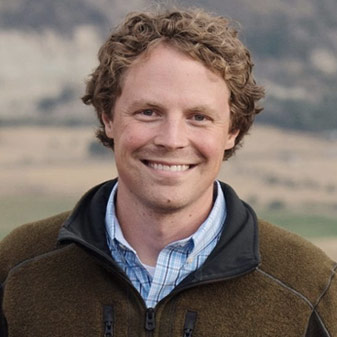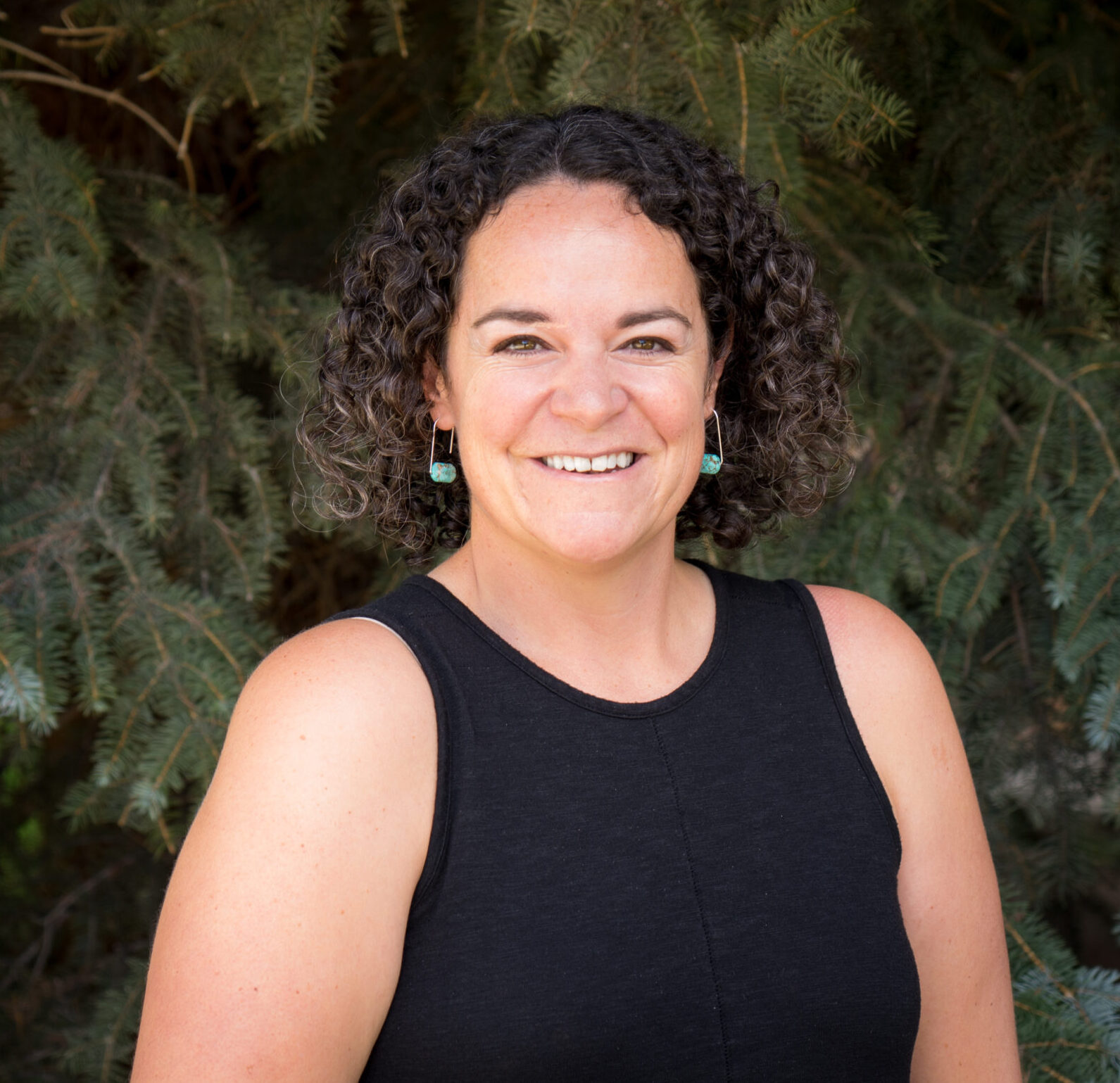Abstract
For nearly a century, the federal government has authorized ranchers to graze livestock on large areas of federal lands in the western United States. Federal-land grazing has generated substantial conflict in recent decades, as conservation interests and others have lobbied and litigated against what they view as inappropriate and destructive use of federal lands. This has produced a predictable backlash among ranching interests, including efforts to roll back the regulations relied on by environmental litigants and aggressive confrontations with federal regulators. But such conflict is not inevitable. Competing demands on these lands can be resolved through voluntary means and positive incentives for conservation practices, as they often are on private lands. On public lands, however, federal law erects substantial barriers to this market approach by imposing use-it-or-lose-it rules on federal grazing permits. In this article, we discuss those barriers and offer statutory and regulatory reforms that would overcome them while facilitating markets for conservation on federal grazing lands.





